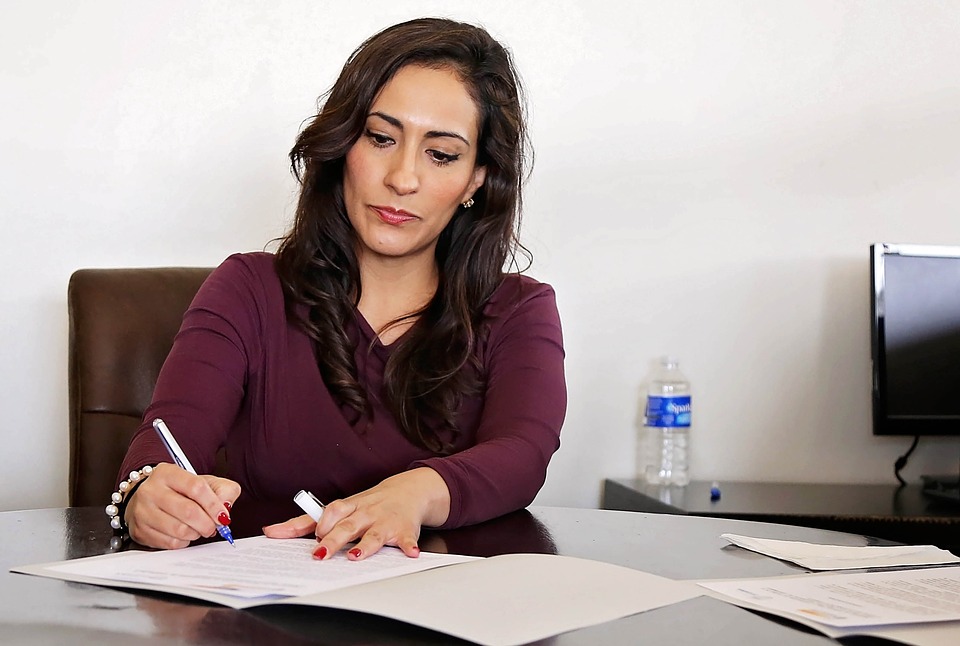Happy International Women’s day everyone! Today is a day to celebrate all that people who identify as a women do. And there’s much to celebrate in that regards, right?
It is also a day to look back and see how far we have come as a society when it comes to women’s rights, equalising the workplace, and recognising the work that women have done. In that spirit, the law in the Netherlands has set a target of at least 30% women in top jobs in 2020, but there are a few fears about how this could possibly not be achieved.
Minister Van Engelshoven of Emancipation has expressed her disappointment in regards to this, and has gone on to ‘name and shame’ the companies that are really far from this target. Choosing today to do it is no coincidence. Her brand of feminism believes that (according to wikipedia anyway) there has to be complete economic independence of women, and blames this for problems faced by them like domestic and sexual violence and poverty.
In Nederland zijn er nog heel veel grote bedrijven met heel weinig vrouwen aan de top. Om uit te vinden waarom dat zo is hebben we de jaarverslagen van de 200 grootste bedrijven doorgespit. De conclusie? Aan slechte smoesjes is er in elk geval géén gebrek. #Vrouwendag #Benoem pic.twitter.com/VgkzGEZZ3v
— Ingrid van Engelshoven (@ivanengelshoven) March 8, 2019
How many companies have women in top jobs?
Only 13 companies have reached that percentage, and the proportion of women is only slightly increasing, according to a study commissioned by the ministry. This study shows these 13 companies, but also names the ones that are very far from this target: like ING, SPN, Ahold Delhaize, Randstad and Aegon, according to NOS.
The ones that did reach the target are: ANWB, Wolters Kluwer, PostNL, and the Dutch railways, to name a few.
Why ‘name and shame’?
She wants to create a feeling of competition between and within these companies so that some of them would feel the need to step up to the plate and take that baton. She wants to urge the shareholders and the staff of the company to recognise the faults of their partners and employers, and hopes that they will appeal to the management for a change to be made as soon as possible.
International women’s day seemed like the perfect occasion for her to bring to our attention the discrepancies within these companies. It will be interesting to see how the companies respond and if this will actually bring in some changes within the management.
What do you make of this list? Do you believe in a legally required quota for women in top positions? What would this mean for minority groups like women of colour, and the women who fall on the spectrum of LGBTQ+? Do you think this is a necessary move? Let us know in the comments!



